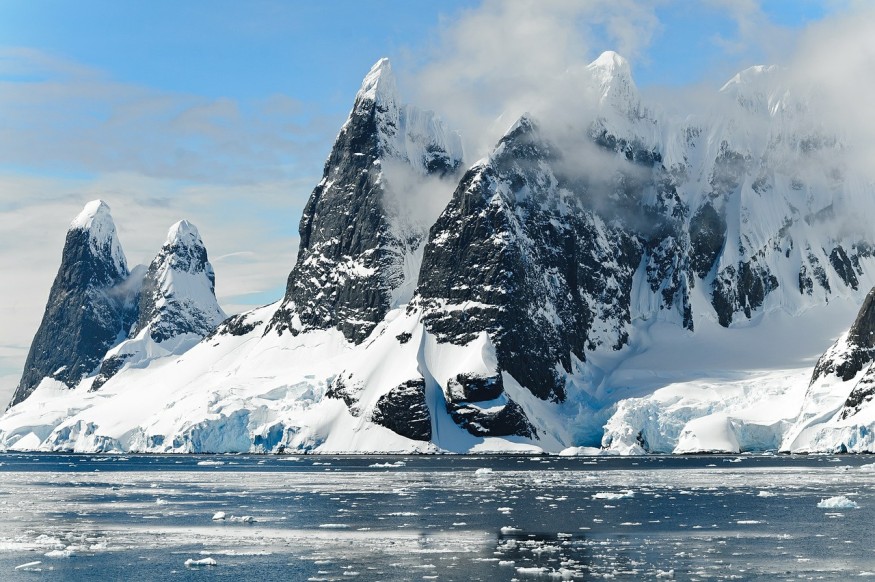Researchers are developing artificial intelligence to evaluate climate change tipping points. The deep learning program might serve as an early warning system for climate change that has gotten out of hand.

Chris Bauch, an applied mathematics professor at the University of Waterloo, co-authors a recent research paper detailing the new deep-learning algorithm's findings. According to Bauch, the research examines the points beyond which a system undergoes fast or irreversible change.
"We discovered that the new algorithm could not only forecast tipping points more correctly than previous techniques, but it could also offer information about what sort of state exists beyond the tipping point," Bauch said. "Many of these tipping moments are unwelcome, and we'd prefer to avoid them as much as possible."
Permafrost Melts

Melting Arctic permafrost, which could release massive amounts of methane and spur further rapid warming; breakdown of current oceanic systems, which could lead to almost immediate changes in weather patterns; or ice sheet disintegration, which could lead to rapid sea-level change are all examples of tipping points often associated with runaway climate change.
According to the researchers, the AI was trained to learn not just about one sort of tipping point but also about the features of tipping points in general.
Related Article : Multiple Factors for Environmental Tipping Point Reach Critical Levels
Combining AI and Mathematical Theory
The approach's power comes from the combination of artificial intelligence and mathematical theories of tipping points, which achieves more than each method could on its own. The researchers tested the AI on particular real-world tipping points in diverse systems, including historical climate core samples, after training it on a "universe of potential tipping points" that comprised approximately 500,000 models.
"When we're approaching a critical tipping point, our enhanced technique might raise red signals," said Timothy Lenton, head of the Global Systems Institute at the University of Exeter and one of the study's co-authors. "Improving early warning of climatic tipping points might help civilizations adapt and decrease their vulnerability to what's coming, even if they can't prevent it."
Deep Learning

Deep learning is making significant progress in pattern recognition and classification, with researchers converting tipping-point detection into a pattern-recognition issue for the first time. This is done in the hopes of detecting patterns that occur before a tipping point and using a machine-learning algorithm to predict whether or not a tipping point will happen.
"People are acquainted with tipping points in climate systems, but there are also tipping points in ecology, epidemiology, and even stock markets," said Thomas Bury, a postdoctoral researcher at McGill University and one of the paper's co-authors. "What we've discovered is that AI is effective at recognizing tipping point traits that are common to a wide range of complicated systems."
The new deep learning system is a "game-changer for the capacity to foresee significant alterations, particularly those related to climate change," according to Madhur Anand, head of the Guelph Institute for Environmental Research and another of the project's researchers.
Spotting Tipping Points
Now that their AI has figured out how tipping points operate, the team is working on the next step: feeding it data on current climate change patterns. First, however, Anand offered a warning about the dangers of such information.
She stated, "It gives us a leg up." "However, it is up to humanity to decide what we will do with this information. I just hope that these new results result in fair and beneficial reform."
For more environmental news, don't forget to follow Nature World News
© 2026 NatureWorldNews.com All rights reserved. Do not reproduce without permission.





